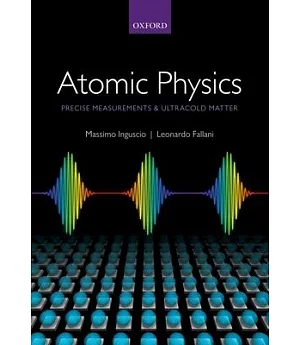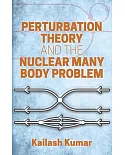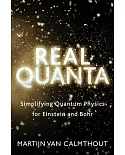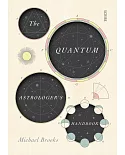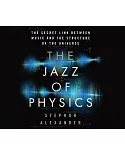This book illustrates the history of Atomic Physics and shows how its most recent advances allow the possibility of performing precise measurements and achieving an accurate control on the
atomic state. Written in an introductory style, this book is addressed to advanced undergraduate and graduate students, as well as to more experienced researchers who need to remain up-to-date
with the most recent advances. The book focuses on experimental investigations, illustrating milestone experiments and key experimental techniques, and discusses the results and the challenges
of contemporary research. Emphasis is put on the investigations of precision physics: from the determination of fundamental constants of Nature to tests of General Relativity and Quantum
Electrodynamics; from the realization of ultra-stable atomic clocks to the precise simulation of condensed matter theories with ultracold gases. The book discusses these topics while tracing
the evolution of experimental Atomic Physics from traditional laser spectroscopy to the revolution introduced by laser cooling, which allows the manipulation of atoms at a billionth of a degree
above absolute zero and reveals new frontiers of precision in atomic spectroscopy.

